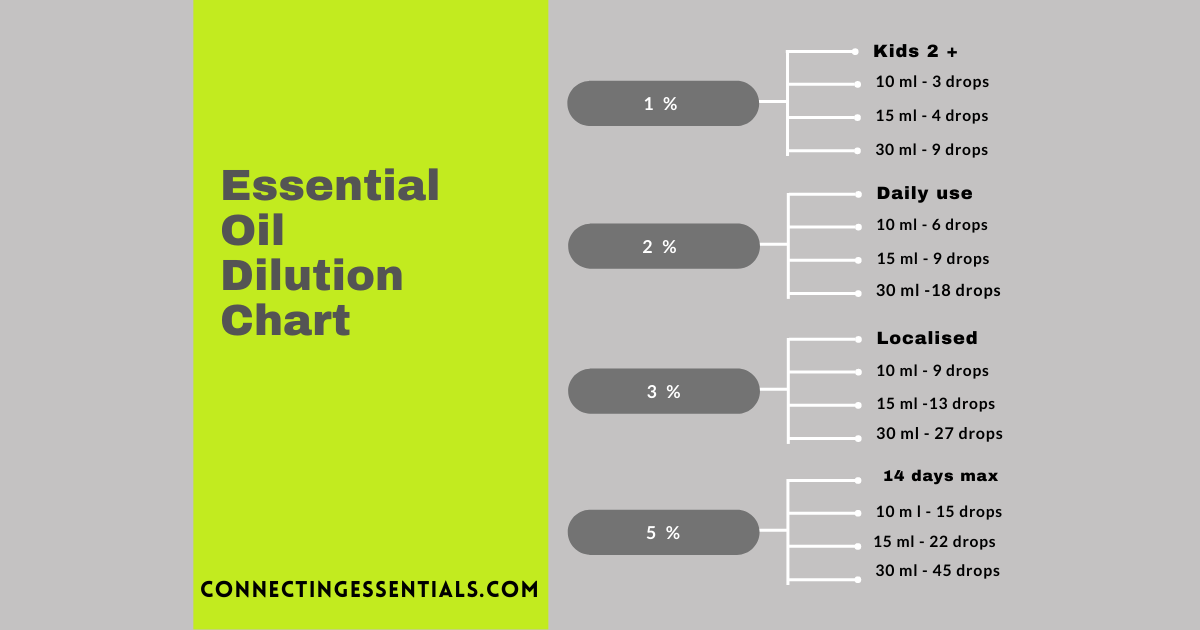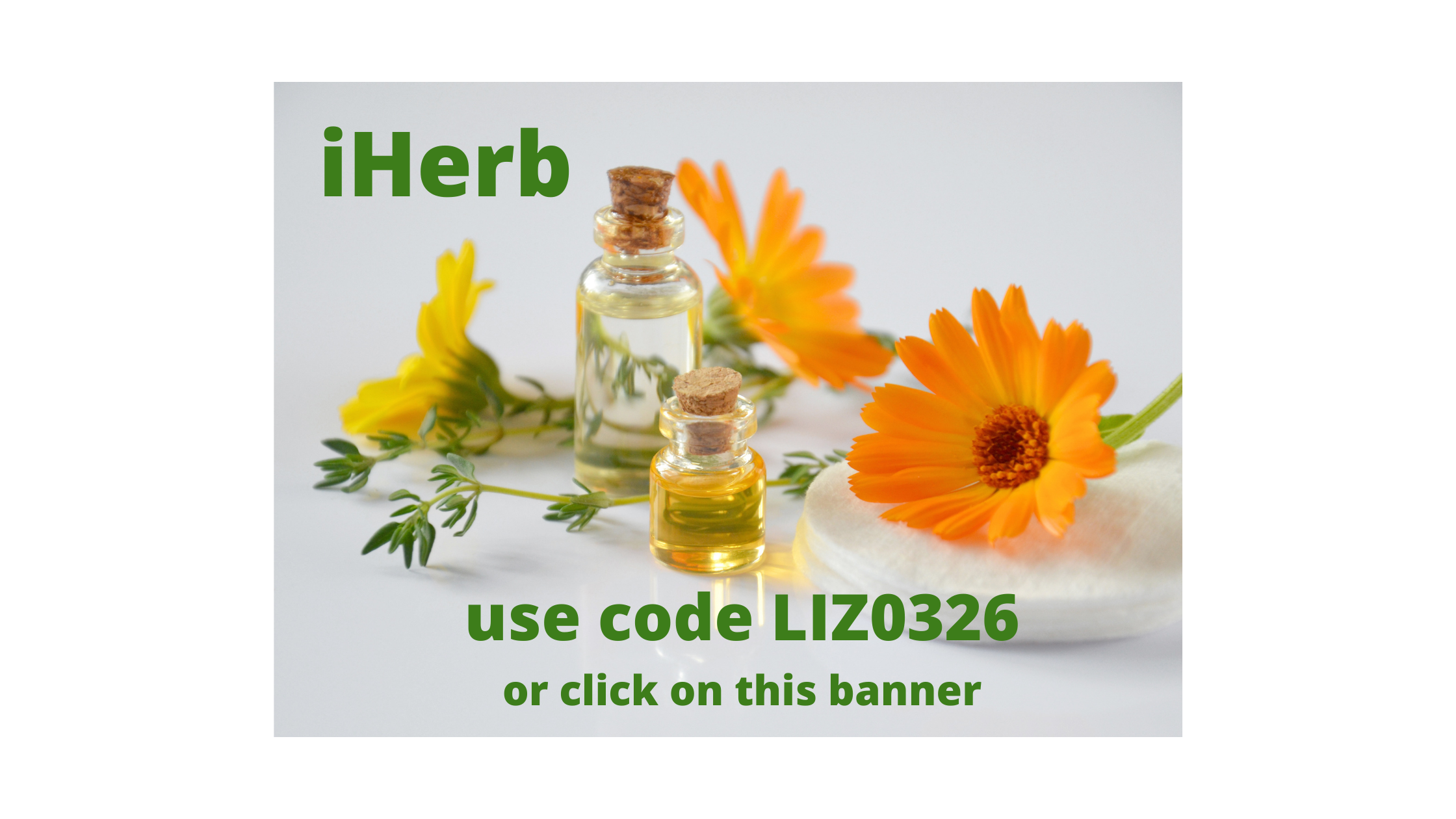Essential oils have gained a lot of popularity in recent years but a lack of reverence for essential oils has caused some safety concerns. In a nutshell it is a lack of education and misunderstanding of the chemical compounds of essential oils that is causing many to have a bad experience with essential oils with some dire side effects. I want to stress the fact that you have to take care when using essential oils.
Less is more
Essential oils are highly concentrated and the chemical compounds of an essential oil retain the therapeutic intent of the plant. So every essential oil has unique therapeutic properties. It is these properties that provide a natural support for the body. Due to their chemical structure they can get metabolized in the cells like other nutrients and won’t accumulate in the body like synthetic drugs.
Essential oils have been used for centuries and are mentioned in the Bible over 300 times .Other cultures such as the Egyptians, Chinese and Indians in also use essential oils as plant based medicine. They are plant based medicine. They are strong and powerful and we should take care when and how we use them.
1.Use them safely and responsibly.
Topical use
Most essential oils should be diluted with a carrier oil, like jojoba or sweet almond before being applied to the skin. When using essential oils for kids, babies or the elderly it should be diluted even more.
Certain oils may cause irritation when not diluted enough. Some oils can also irritate the skin or mucous membrane such as cinnamon, clove and lemongrass.
Skin reactions and sensitization can occur and far more common than we think. Dr. Scott A . Johnson did an online survey surrounding unintended skin reactions due to essential oil usage. The symptoms for irritant contact dermatitis are redness, itchiness, scaly skin, raised bumps were reported and surprisingly Lavender, which is such calming oil, caused a reaction. The conclusion from the survey is that those with autoimmune disorders, auto inflammatory conditions, allergies or chronic skin conditions should dilute essential oils further before topical use.
A safe spot to apply oils would be the soles of the feet. Essential oils should never be applied to eyes or ear canals. Also be very careful in washing your hands after applying the oils so you don’t accidentally rub your eyes in get the oils in your eyes that way.

Inhalation
Inhaling essential oils is a very effective way to use essential oils. The aroma stimulates the brain to send a message to the organs and the chemical compounds can supply their therapeutic properties when we inhale them. Diffusing essential oils can alter your mood by either stimulating or calming your mind. Airborne pathogens can be killed by diffusing lemon, clove, orange, eucalyptus or rosemary. You can read more about diffusers here.
Always make sure you diffuse in a well ventilated area and make sure that your pets have the option to leave the room. Be aware that certain oils are toxic to animals so refrain from using them in your diffuser.
Avoid the following oils when you have pets:
Birch
Clove
Oregano
Tea tree
Thyme
Wintergreen
Internal use
Understanding how the oils are extracted and what part of the plant it is derived from can bring some discernment in whether oils should be used internally. Essential oils are extracted from tree resins, flowers, leaves and the peels of some fruits. These are not items that we would normally consume in our daily diet and if we take into account the amount of plant items needed to make a drop of essential oil it make sense to use caution.
Essential oils are plant based medicine and some oils like Oregano is a powerful natural antibiotic due to the chemical compounds carvacrol and thymol which has anti-bacterial and anti-fungal properties. Oregano however is an herb and we would eat that, but due to its very strong taste you would only add a little bit of fresh oregano on your pizza or your pasta for instance.
If we then take into account the amount of oregano leaves needed to make a drop of essential oil we can understand that it needs to be treat it with a certain reverence and used it no more than 10 days at a time. It should be avoided all together when pregnant because Oregano oil may cause embryo toxicity. If applied topically it should always be diluted with a carrier oil and best to test on a small patch of skin first or only applied to the soles of the feet.
Too often advice is given to use essential oils like a daily multivitamin. When an essential oil is taken in high doses it can result in toxicity. Essential oils are fat soluble and must travel through the liver and then the gut.
Guidelines to use essential oils internally
So when discerning whether to take essential oils internally seek professional guidance and use the following guidelines:
-
The oil itself
Some oils should never be taken internally. Read the label and check for warnings.
-
The quality of the oil
The only oils that should be ever taken internally are certified organic and 100 percent pure oil with no artificial fillers. One of my favorite companies that I personally get my oils from is Plant Therapy.
-
The individual taking the oil
Always consult with a healthcare practitioner or physician before taking essential oils internally. If you are taking prescription medication you have to apply caution because some oils can interfere with your prescription medication.
If you are pregnant or breastfeeding you should be discerning whether to use essential oils.
Individuals with liver disease and sensitivities should be more careful too.
Never take essential oils on an empty stomach – always with food or a beverage.
When in doubt – refrain from using essential oils internally.
Using photosensitive oils in the sun
Some essential oils are photosensitive and should not be used 6-12 hours before going out in the sun. The main culprits are:
Bergamot
Grapefruit
Orange
Wild Orange
Tangerine
Bergamot essential oil contains bergaptene , a photosensitizer, that can cause a severe reaction.
Furanocoumarin- containing essential oils react to UV light and can cause a reaction in the skin. The visible reactions can be one or more of the following:
- Severe redness or sunburn
- darkening of the skin
- edema or swelling
- blistering
Conclusion
Essential oils are wonderful and have many uses and benefits but you have to take care when using them. Although there is probably an oil for every issue it is a complementary therapy and should not replace getting medical advice and help.
I have been an aromatherapist for about 30 years and over the last few years there has been an huge increase of essential oil websites and blogs. Do your research a bit when reading about essential oils and how to use them. Multilevel marketing companies want to sell oils so no wonder they will recommend using oils daily. I have seen recipes that calls for a lot of oil. That is just not safe advice. Please follow a dilution chart and always dilute oils.


Permalink
I am sorry if it appears convoluted to you.